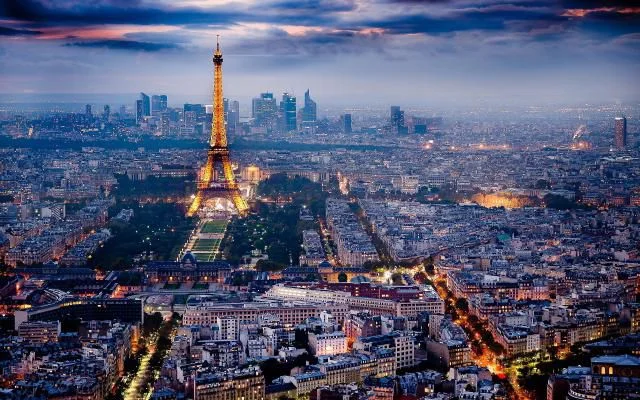STRs must be regulated. These are just a few cities that made mistakes. Colorado Springs can learn from these mistakes.
Sedona, AZ
Sedona, AZ
200-300 short term rentals in 2017; over 1000 now, taking up 20% of the housing inventory.
https://www.azcentral.com/story/news/local/arizona/2019/01/29/sedona-faces-housing-shortage-short-term-vaction-rentals-take-over/2342431002/
Nashville, TN
Nashville, TN
323 total listings in 2013; 13,885 total listings in 2018, up 4,298%
632 “multi-unit” hosts (23%) have 3,526 listings (62% of 5,674 active listings)
The city is now phasing out non-owner-occupied STRs.
New Orleans, LA
1,182 total listings in 2013; 16,381 total listings in 2018, up 1,382%
In early September 2018, about 6,225 listings were active, 3,953 were licensed, and 11,583 permits were pending approval, which was on pace for at least 8.2% of the city’s housing stock if all permits were approved
The city council voted in a moratorium on issuing new permits in Spring 2018, and went back to the drawing board to write a new ordinance and regain control with residency requirements and tougher Platform accountability
The new ordinance was passed in August 2019 and is a model for the rest of the country to follow (once the lawsuits have been settled in the City’s favor)
New Orleans, LA
New York, NY
New York, NY
A January 2018 study from McGill University found that:
Two thirds of revenue from likely illegal listings: Entire-home/apartment listings account for 75% ($490 million) of total Airbnb revenue and represent 51% of total listings.
13,500 Units of Lost Housing: Airbnb has removed between 7,000 and 13,500 units of housing from New York City’s long-term rental market.
$380 rent increase for the median New York tenant.
There are 4,700 private room listings that are in fact “ghost hotels” comprising many rooms in a single apartment.
Top 10% of Hosts earned 48% of all revenue last year while bottom 80% of hosts earned 32%.
Nearly three quarters of the population in neighborhoods at highest risk of Airbnb-induced gentrification across New York is nonwhite.
The state of NY now imposes fines of up to $7500 for listing an illegal STR.
austin, TX
The Austin American Statesman estimated that there were anywhere from 8,000 to 11,300 Airbnb listings in that city, though only about 1,900 were legal.
Code enforcement officers are busy every day ticketing illegal STRs
Neighbors are furious with the constant party taking place on their residential streets.
Austin, TX
Paris, France
Paris, France: 182,794 Airbnb listing in 2018; 47,584 listing active in the last month.
Denver got (mostly) ahead of the problem. Estimates for STR listings in Denver were approximately 2,000 when their ordinance was passed in 2016. Colorado Springs already has 1,578 active Airbnb listings, plus the other platforms.
Denver, CO







